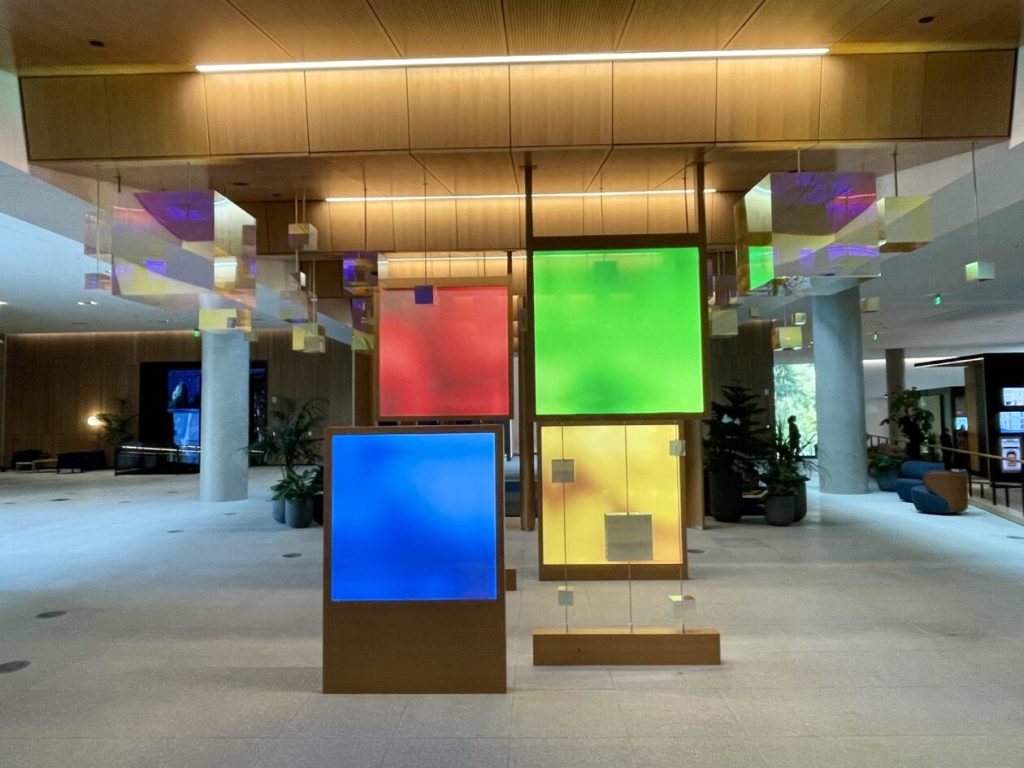Microsoft Deepens Investment in UAE with $7.9 Billion Commitment
In a significant expansion of its global footprint, Microsoft announced plans to invest an additional $7.9 billion in the United Arab Emirates between 2026 and 2029. This new commitment follows the tech giant’s already substantial $7.3 billion investment since 2023, which included a strategic $1.5 billion equity stake in G42, Abu Dhabi’s sovereign AI company. As Brad Smith, Microsoft’s President, emphasized in a recent blog post, “This is not money raised in the UAE. It’s money we’re spending in the UAE.” The investment represents Microsoft’s growing focus on the Middle East as a key market for its cloud and AI technologies, while also demonstrating the company’s commitment to contributing to the local economy through what Smith describes as three critical factors: “technology, talent, and trust.”
The investment package is comprehensive, covering AI and cloud infrastructure development, workforce training initiatives, and new governance frameworks. This strategic move comes as Microsoft positions itself at the intersection of global technology deployment and regional economic development. The company’s approach in the UAE mirrors its global strategy of not just expanding its business operations but also becoming deeply integrated into the local technology ecosystem. With nearly 1,000 full-time employees already based in the UAE, Microsoft is clearly signaling its long-term commitment to the region and its belief in the UAE’s potential as a technology hub.
Perhaps most notably, Microsoft has achieved a significant regulatory milestone by becoming the first U.S. corporation to receive approval from the Trump administration for export licenses from the Commerce Department to ship Nvidia GPUs to the UAE. This breakthrough allows Microsoft to provide access to advanced AI models from various sources, including OpenAI, Anthropic, open-source providers, and Microsoft’s own AI technologies. The export licenses represent a critical advantage in Microsoft’s ability to deploy cutting-edge AI infrastructure in the region, potentially giving the company a competitive edge in the rapidly evolving Middle Eastern technology market.
The company’s expansion strategy in the UAE is built upon what Microsoft calls the pillars of “technology, talent, and trust.” The technology component is evident in the infrastructure investments and GPU deployments. For talent development, Microsoft appears to be focusing on workforce training to ensure that local professionals can effectively leverage these advanced technologies. The trust element is perhaps the most innovative aspect of Microsoft’s approach, with the company establishing a new Responsible AI Future Foundation and developing what it describes as a “first-of-its-kind intergovernmental assurance framework” designed to align its UAE operations with U.S. cybersecurity and data protection standards.
This dual focus on commercial expansion and responsible governance reflects Microsoft’s awareness of the complex geopolitical considerations involved in deploying advanced technologies globally. By creating explicit frameworks for alignment with U.S. standards while investing heavily in the UAE economy, Microsoft is attempting to navigate the increasingly complicated landscape of international technology deployment. The company seems to recognize that successful global expansion requires not just financial investment but also thoughtful approaches to governance, security, and local economic development.
As Microsoft continues to expand its global reach from its Redmond, Washington headquarters, this UAE investment represents one of the company’s most significant international commitments. The timing of this announcement—coming after several years of intensifying global competition in AI and cloud services—suggests Microsoft is strategically positioning itself in regions with growth potential and sovereign wealth to support advanced technology initiatives. With this $7.9 billion commitment, Microsoft is not simply opening new markets for its products but is attempting to embed itself as an essential partner in the UAE’s technological future, creating what it hopes will be a sustainable and mutually beneficial relationship between the American technology giant and this influential Middle Eastern nation.


